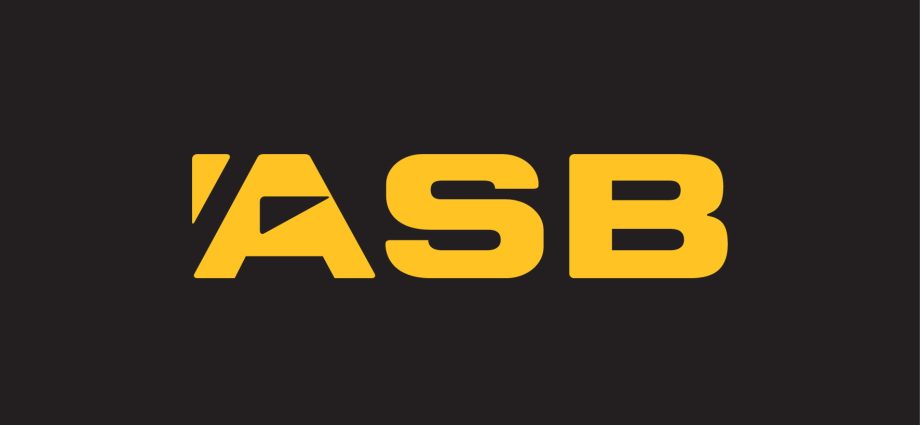PHOTO: ASB
As the world grapples with the fallout from the most significant pandemic the world has seen in a century, economic concerns are weighing on investors, dragging investor confidence down to a four-year low in the first quarter of the year.
For the three months to March 2020, overall investor confidence fell from net +11% to net +4% – the lowest level since the first quarter of 2016, according to the latest ASB Investor Confidence survey.
On a monthly basis, confidence was driven down in the month of March as the severity of COVID-19 began to sink in. Overall investor confidence in March fell to net -21.
ASB senior economist Chris Tennent-Brown says the results are not surprising.
“Big drops in the sharemarket are enough to rattle investors, and in March investors were also experiencing the economic shock first-hand as we went into lockdown,” says Tennent-Brown.
“While we don’t have the full second quarter’s data yet, we can see that sentiment remained very negative in April, even while markets were starting to recover. We know from our conversations with customers that investors are worried about the longer-term repercussions of COVID 19 on investments.
“What’s interesting right now is that sharemarkets are back near their February peaks, but we are expecting some pretty tough economic news over the coming months, so there is a mixture of influences on the mood of investors right now,” says Tennent-Brown.
Interestingly, confidence in Auckland remained unchanged this quarter, with net +6% of respondents expecting return on their investments to improve in the coming year. In comparison, confidence across the rest of the country fell from +14% to just +2%. There’s nothing standing out about Auckland, it just seems that the rest of the country joined Auckland in having a cautious outlook regarding returns this quarter.
Across the country, views of respondents’ own home as providing the best return softened slightly, dropping from 22% to 20%. This fall was driven by decreased confidence in Auckland, where sentiment regarding one’s own home providing the best return on investments dropped from 23% to 18%. In the rest of the country confidence in one’s own home providing the best return remained stable.
Views of rental property providing the best return on investment recovered slightly this quarter, lifting from 13% to 15% overall, with this lift being driven by respondents outside of Auckland.
“If it weren’t for COVID-19, we think the property market would have had a very buoyant Autumn,” says Tennent-Brown.
“Instead the economic fallout from COVID-19 has dashed expectations of the housing upswing carrying on through the remainder of 2020. Our separate Housing Confidence survey is now closing in on eight-year lows for sentiment, and we expect prices to soften over 2020,” says Tennent-Brown.
In comparison, views of KiwiSaver as being the best bank product for investment returns lifted to a more than five-year high as record returns in 2019 were digested by consumers. Interestingly, the attractiveness of KiwiSaver has not slumped this quarter despite volatility as COVID-19 panic swept the markets.
“Over the first half of the quarter, KiwiSaver and any other investment that had significant exposure to the sharemarkets were probably looking very good, and that clearly influenced the mood early on.
“2019 was the best year on record for KiwiSaver returns, and people would have been very pleased with what they saw in things like their quarterly investment statements, or annual returns for 2019.
“Similarly, many people checking their KiwiSaver balances right up until mid-February would likely have seen their investment had been going very well. That rosy state changed during March as sharemarkets slumped and investment valuations took a hit.
“We expect investors to remain cautious over the coming months, given the big market movements we’ve seen and the uncertainty that still clouds the outlook,” says Tennent-Brown.
“What’s pleasing for ASB is that most people have stuck with their investment strategies. We did see a pick-up in fund-switching in March, but most people have stuck with their long-term plans and stayed put in their chosen funds.
“ASB Securities has also seen a high volume of transactions in the local sharemarket – while in March we saw a lot of panic selling, over April and May we have also seen many people wanting to invest,” says Tennent-Brown.
ENDS















